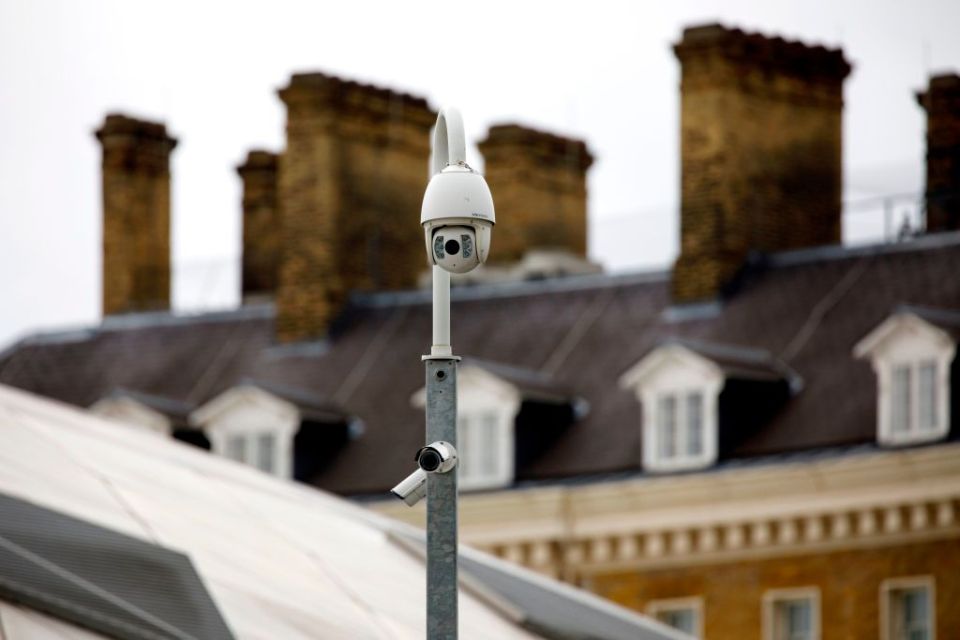Editorial: Writing off facial recognition could write off our future growth

In the West Midlands, police developed an algorithm to identify suspected perpetrators of modern slavery in minutes, a process which normally takes weeks or even months, according to Tom McNeil, the Assisstant Police and Crime Commissioner for the West Midlands.
Technology transformed their efficiency and ability to curb serious crimes which cost the UK as much as £4.3bn a year. Ethical concerns were largely addressed by safeguards to ensure professional judgement was not sacrificed at the altar of data-led investigations.
Yesterday, an independent review recommended an outright ban of live facial recognition in public spaces until legislators work up the energy to regulate its use.
The development of technology can have a hugely beneficial impact on all manner of public and private services, from health and policing to the speed at which we get through passport control. When it goes awry, it can be used to persecute minorities, or in extreme cases under authoritarian regimes, to control people’s movements.
It is absolutely true that we do not want a society where biometric data is used to “surveil members of the public who can’t opt out,” as Matthew Ryder QC, the barrister leading the report says. And any tech which could exacerbate the relationship between minorities and the police should come with an abundance of caution. But banning the use of it altogether is an example of the precautionary principle on steroids. The speed of government legislation to catch up with technological advances is glacial. We need look only at the unwieldy Online Safety Bill to see regulators’ struggle to understand “tech”.
The use of facial recognition technology will undoubtedly grow and there should be close scrutiny of the companies and bodies deploying it. But shying away from it completely will allow growth in our tech-dependent industries, which, let’s be honest, is all of them, to be stunted.
